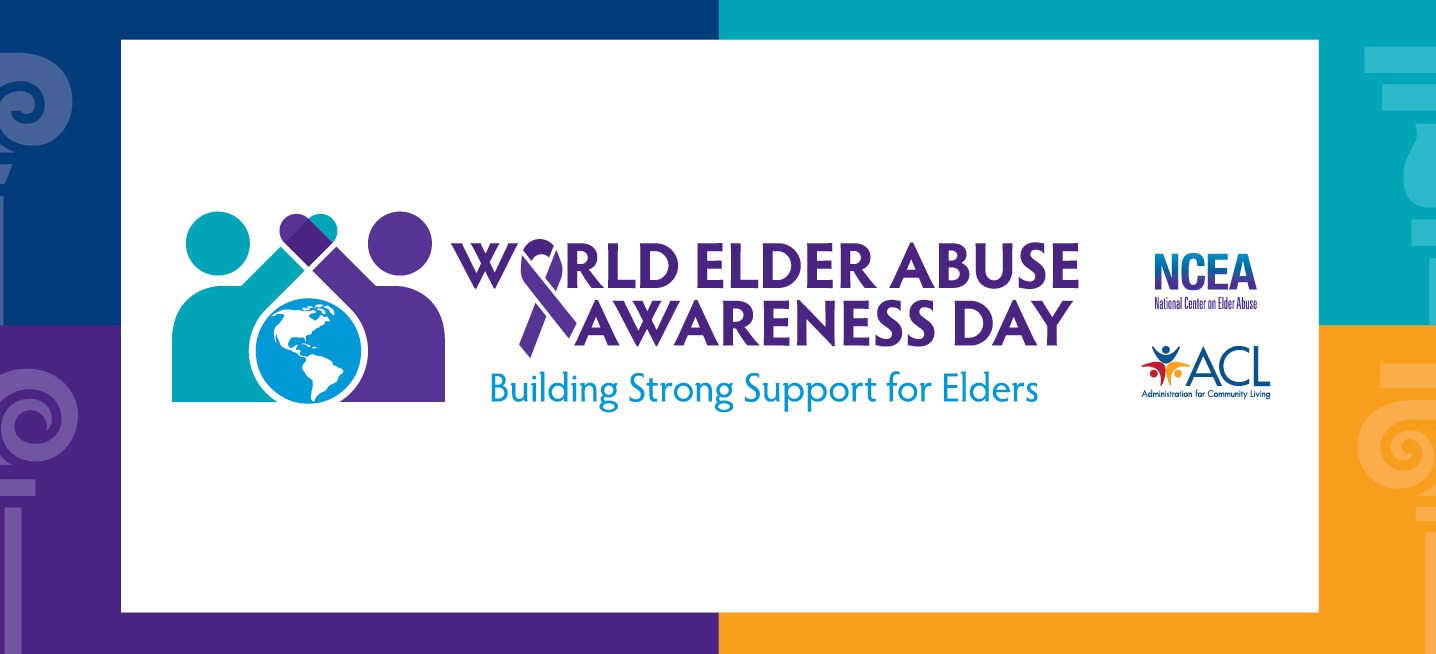The Orange County Board of Supervisors implemented a resolution to officially recognize June 15 as World Elder Abuse Awareness Day. The resolution was presented by Orange County Chair Doug Chaffee to bring attention to elders who face emotional, physical, sexual or financial abuse during their annual meeting on June 24.
In a report by The Orange County Aging Services Collaborative (OCASC), 14.3% of residents in Orange County are 65 and older. This number is projected to increase to roughly 17.3% within the next 20 years. According to the report, at least 10% of older adults have experienced some form of abuse nationally.
“In 2024 alone, Orange County Adult Protective Services received over 2,500 reports regarding abuse and neglect,” Chaffee said at the meeting. “The County of Orange, including the Social Service Agency, Health Care Agency, Office on Aging, Public Guardian, and other county community partners are committed to helping seniors live longer and healthier lives.”
Orange County monitors these reports by partnering with Adult Protective Services (APS). The mission of APS is to ensure vulnerable adults can live safe and independent lives.
“APS works to create a stable and secure environment, to coordinate essential needs, to empower individuals and to minimize the need for intervention,” said Sylvia Cordova, the senior human services manager of the Adult Services Division.
According to the California Department of Justice, elder abuse is illegal and under-reported. In California, experts estimate that only one out of every six instances of elder abuse is reported. According to Supervisor Vincente Sarmiento of District 2, in Orange County, 17% of all elder abuse reports come from the second district. District 2 encompasses the city of Santa Ana and parts of Anaheim, Garden Grove, Orange and Tustin.
A prominent form of elder abuse is targeted scam calls. Scammers pretend to be the IRS or some other government agency and demand personal information and large sums of money. Sarmiento spoke about how often scammers target the elderly.
“I am blessed to have a 88-year old young mother and I cannot tell you the number of phone calls she receives, unsolicited, to try to scam her,” Sarmiento said. “I know it happens a lot and sometimes we think it is harmless, but it isn’t harmless. It does cause people to deplete their savings.”
The California Department of Aging also warns against other prominent scam scenarios such as grandparent and romance scams. In grandparent scams, scammers pretend to be grandchildren or close family members asking for financial assistance.
Romance scams are longer lasting and target not just the elderly. Scammers usually reach out to people through social media and form friendships with their victims before it develops into a romantic relationship. After gaining their trust, scammers will start to request money.
To protect people from being scammed the Department of Aging recommends that no one share financial or personal information with anyone, regardless of who they claim to be.
Out of the 20,571 reports received by Adult Protective Services in 2024, 40% of them involved financial exploitation. The last to speak on the resolution was District Attorney Todd Spitzer who shared how his mother-in-law was almost scammed out of $20,000.
“I have a loved one who was called by the ‘IRS’ and told to withdraw $20,000 from her account and that the ‘IRS’ agent would come to her door to collect that money from her,” Spitzer said. “She went to the bank and withdrew $20,000. On her way back, a lightbulb went off and she said to herself ‘I better call my son-in-law.’”
Elder abuse can be reported to the Adult Protective Services 24 hour hotline at 800-451-5155.
Alejandra Rodriguez Zepeda is a News Intern for the summer 2025 quarter. She can be reached at alejar16@uci.edu.
Edited by Annabelle Aguirre



